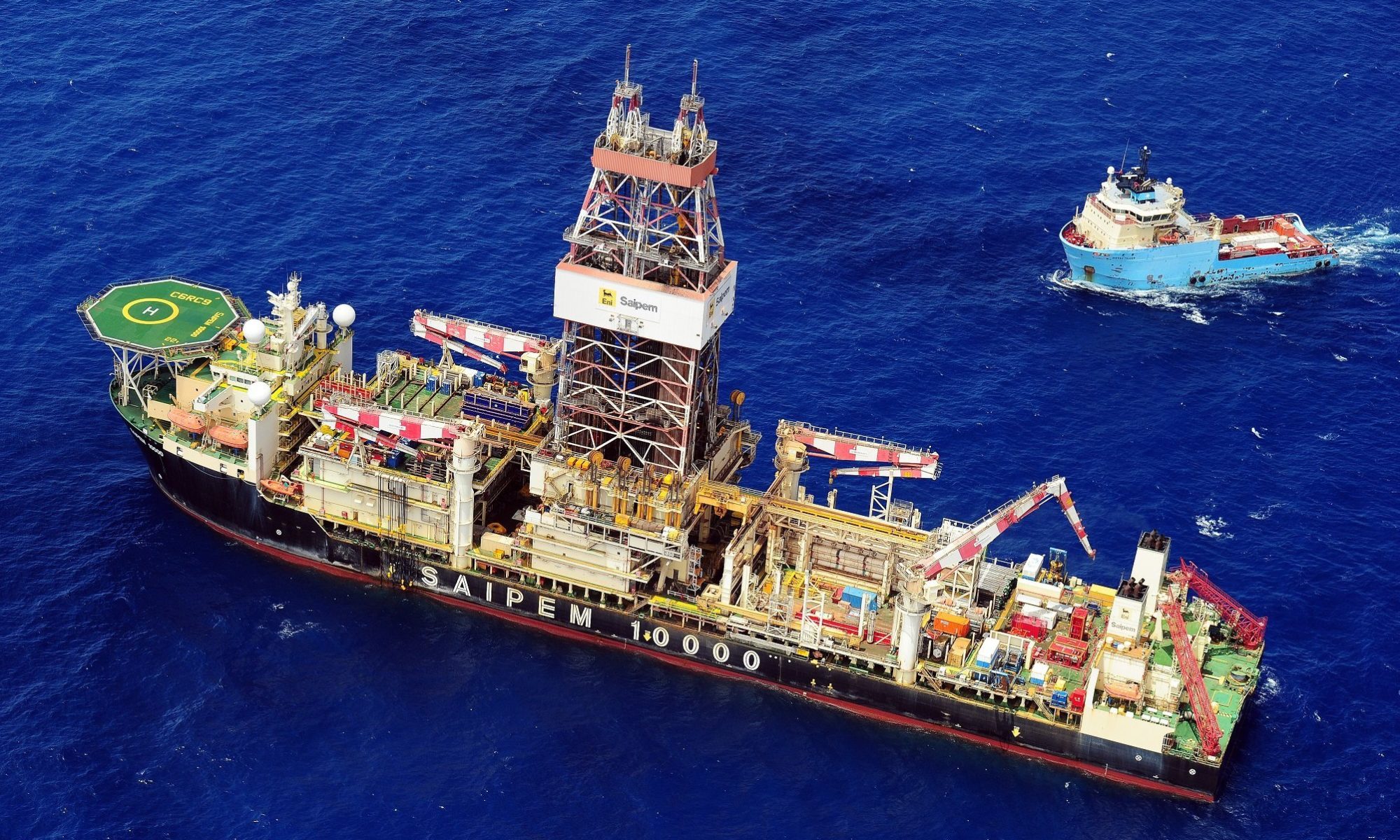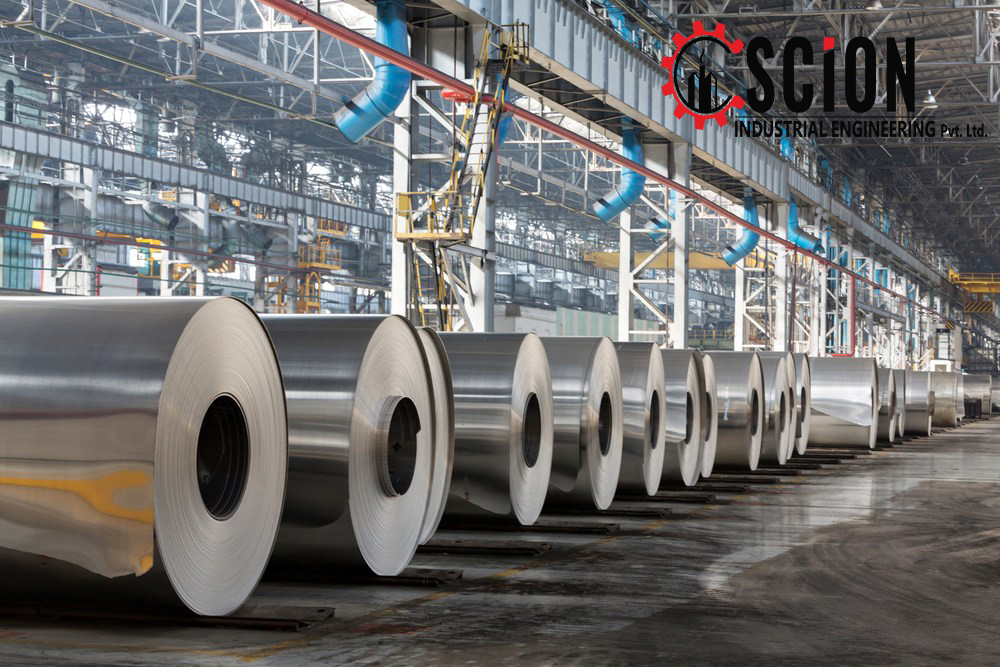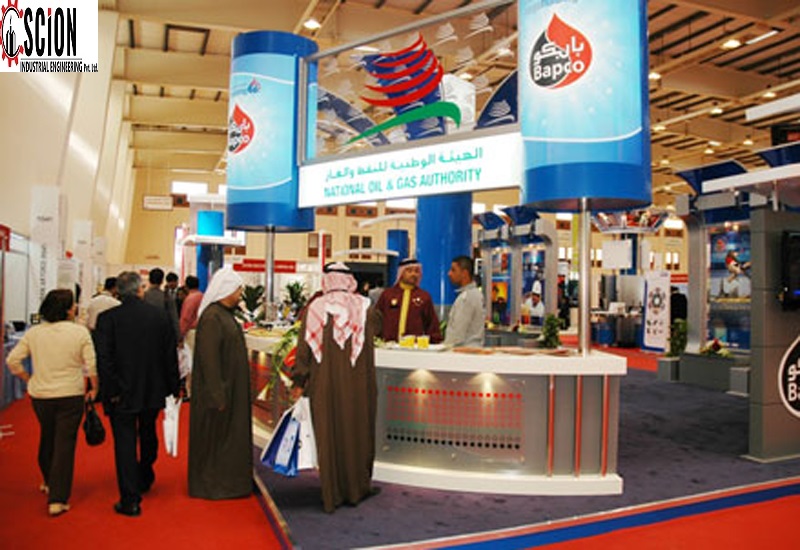Lebanon’s parliament is set to vote on a law that would legalise the cultivation of cannabis for medical and industrial use in an effort to boost its crippled economy and curb illicit production of the psychoactive plant.
The draft law, which has been endorsed by parliamentary committees and is now headed for a final vote, would only affect cannabis that contains less than one percent of the psychoactive compound tetrahydrocannabidinol, or THC.
THC gives cannabis the recreational effects that have made it the most widely used illicit substance across the globe. The World Health Organization (WHO) estimates that around 147 million people, or 2.5 percent of the world population, consume cannabis.
Lebanon has cultivated the plant for at least 100 years and produces large amounts of hashish, a sticky, sweet-smelling derivative of the cannabis plant that looks like chocolate. Though illegal to produce, sell or use, it is widely available locally and is also illegally exported.
Lebanese hashish can be found in European capitals, and formerly made up about 80 percent of the world’s supply during the country’s civil war years (1975-90) when cultivation was at its peak.
Instead of dealing with that market, this bill would seek to create a new one involving types of cannabis plants that have not traditionally been cultivated in Lebanon.
Member of parliament Yassine Jaber, who headed the subcommittee that drafted the law, said the bill was based on a 2019 report by United States-based consultancy McKinsey & Company that recommended Lebanon legalise cannabis production for “high-added-value medicinal products with export focus”.
Shortly afterwards, then-economy minister Raed Khoury said a legal cannabis sector in Lebanon could generate $1bn in revenue per year because the quality of Lebanon’s hashish was “one of the best in the world”.
“We have a competitive and a comparative advantage in the cannabis business,” Jaber told Al Jazeera. “Our soil is among the best in the world for this, and the cost of production is low compared to other states.”
Regulating the market
Dozens of countries around the world have allowed research in and production of medical cannabis in recent years, with studies repeatedly demonstrating the therapeutic effects of cannabinoids, a major chemical constituent of cannabis, for treatment of nausea and vomiting in terminal illnesses such as cancer and AIDS.
The WHO says it has also shown therapeutic uses for “asthma and glaucoma, as an antidepressant, appetite stimulant, anticonvulsant and anti-spasmodic”.
Other countries and regions have gone further and entirely legalised cannabis, including Uruguay, Georgia, South Africa, 10 US states and, most recently, Canada.
The draft law creates a commission with a regulatory authority that would issue licences for everything from importing seeds and saplings, establishing cannabis plant nurseries, planting and harvesting the crop, manufacturing goods from it and exporting its derivatives.
Licences can be awarded to Lebanese pharmaceutical companies, industries permitted to create industrial fibers, oils and extracts, and foreign companies that have a licence to work in the cannabis industry from their country of origin.
Additionally, licences can be awarded to specialised agricultural co-operatives established in Lebanon, Lebanese citizens such as farmers or landowners, and labs and research centres qualified to work with controlled substances.
‘Opportunity missed’
One of the draft law’s stated goals is to reduce pressure on Lebanon’s clogged court and prison system stemming from organised crime involving the local cannabis trade.
But instead of decriminalising consumption of the plant or reducing sentences, it calls for “strengthening criminal penalties on violations against the articles of this law”.
Between 3,000 and 4,000 people are arrested for drug crimes each year in Lebanon, the vast majority for the consumption of hashish, according to statistics from the Central Drug Enforcement Office.
The bill would also explicitly prohibit anyone with a criminal record from acquiring a licence to cultivate or work with the cannabis crop in any manner.
It would thereby exclude tens of thousands of people who have served time or have outstanding drug warrants for cultivation and use of cannabis, mostly in the fertile eastern Bekaa Valley region, where most of the crop is grown and processed.
This means that many farmers who have grown cannabis for generations would not be allowed to take part in the new legal sector.
“This law would legalise cultivation without taking into consideration the situation of persons who consume drugs, or those who produce them,” Karim Nammour, a lawyer with progressive NGO Legal Agenda who specialises in drug policy, told Al Jazeera.
“Its an opportunity missed – they have failed to take a holistic approach.”
Sandy Mteirik, a drug policy development manager at Skoun, a Lebanese nongovernmental organisation focused on drug rehabilitation and advocacy, also criticised the move.
“For sure this is not what the farmers of the Bekaa want,” she told Al Jazeera. “There is no clear mechanism to integrate the existing illegal market into the legal market. You can’t just ignore the implications and consequences of criminalising drug use and say this new market is the priority.”
Big companies, big business
Jaber said local farmers would be able to benefit from the sector once a long-awaited amnesty bill is passed expunging the criminal records of cannabis farmers and users, who he said should be seen as “victims”.
Prime Minister Hassan Diab’s government has committed to endorsing an amnesty bill, though who exactly would be included is not clear.
Jaber said the draft law was not meant to address the issue of decriminalising drug users. “One way or another, the state will have to deal with that because the prisons are full,” he told Al Jazeera.
However, he predicted the new legal cannabis market would move forward with or without the involvement of those who have been criminalised by the illegal sector.
“I think big companies will come and other farmers will come and it will be a big business,” he said.
But Nammour warned the law would create a two-tier system where elites benefit from the production of cannabis, while those who have traditionally grown it in impoverished areas will be unable to participate, and everyday Lebanese will be unable to consume any of its products.
He also warned the draft law left the door open to endemic corruption in Lebanon. The commission tasked with overseeing the sector is funded by the licences it issues, while it is at the same time supposed to regulate licensing and prevent a monopoly or oversupply in the market.
https://www.aljazeera.com/ajimpact/lebanon-set-legalise-medical-industrial-cannabis-cultivation-200312165832022.html







